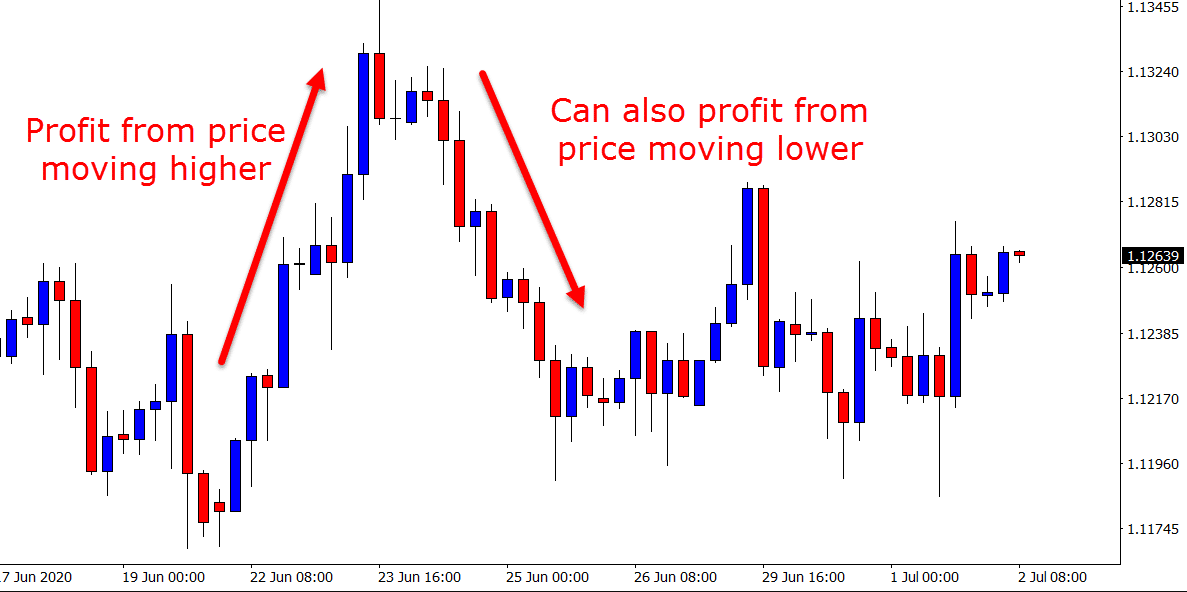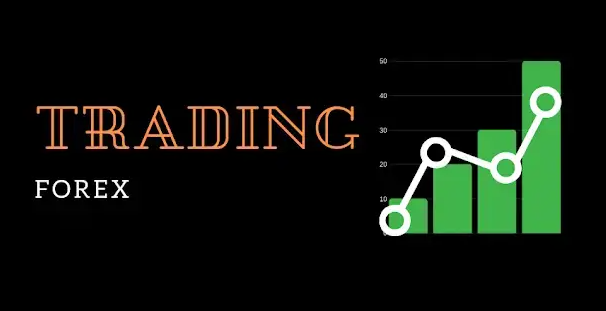Forex trading, also known as foreign exchange trading or currency trading, can be an exciting and lucrative venture. It is important for Forex Trading for Beginners to understand how it is used and learn the basics before diving in. This article will provide you with a comprehensive guide to help you get started on your forex trading journey.
As a beginner, your primary focus should be understanding the forex market, its structure, and the strategies used by successful traders. This knowledge will lay the foundation for your future success in forex trading. So let’s start!
What is Forex Trading?
Forex trading is the process of buying and selling currencies in the foreign exchange market. It is the largest financial market in the world, with daily trading volume exceeding $6 trillion. The main participants in this market are large banks, corporations, governments, and individual traders like you.
The Basics of Forex Trading
- Currency Pairs: Currencies are always traded in pairs, such as EUR/USD, GBP/USD, or USD/JPY. The first currency in the pair is called the base currency, and the second is the quote currency.
- Exchange Rates: The exchange rate represents the value of one currency in relation to another. For example, if the EUR/USD exchange rate is 1.20, it means that 1 euro is worth 1.20 US dollars.
- Bid and Ask Prices: When trading forex, you will notice two prices for each currency pair: the bid price and the ask price. The bid price is the highest price at which you can sell the base currency, while the ask price is the lowest price at which you can buy it.
- Spread: The difference between the bid and ask prices is called the spread. This is the cost of trading, which is charged by your forex broker.
Choosing a Forex Broker
To start trading, you will need to open an account with a forex broker. There are many brokers available, each offering different services and trading conditions. Some key factors to consider when choosing a broker include:
- Regulation and reputation
- Trading platforms and tools
- Spreads and fees
- Customer support
- Deposit and withdrawal options
- Leverage and margin requirements
- Account types and minimum deposit
It is important to research and compare brokers thoroughly before making a decision. You can also start with a demo account to practice trading with virtual funds before risking real money.
Developing a Trading Strategy
A successful forex trading journey begins with a well-thought-out strategy. There are various trading strategies to choose from, depending on your risk appetite, trading style, and time commitment. Some popular trading strategies include:
- Scalping: A short-term trading strategy that involves making numerous small trades to profit from small price movements. This strategy requires a high level of focus and quick decision-making.
- Day Trading: Another short-term strategy where positions are opened and closed within the same trading day, avoiding overnight risk. Day traders typically rely on technical analysis to make their trading decisions.
- Swing Trading: A medium-term strategy where trades are held for several days or weeks, aiming to profit from larger price swings. Swing traders use both technical and fundamental analysis.
- Position Trading: A long-term strategy where positions are held for months or even years, focusing on the long-term trends of the market. Position traders mainly use fundamental analysis to make their decisions.
As a beginner, it is crucial to test and refine your strategy using a demo account before trading with real money.
Risk Management
Risk management is an essential component of successful forex trading. It helps protect your trading capital and minimize losses. Some key risk management practices include:
- Setting stop-loss orders to automatically close a losing trade at a predetermined price level.
- Using position sizing to determine the appropriate trade size based on your account balance and risk tolerance.
- Keeping a trading journal to track and analyze your trades, helping you identify and correct mistakes.
- Staying informed about market news and events that could impact currency prices.
Conclusion and Suggestions
Forex trading for beginners may seem overwhelming at first, but with the right approach and mindset, it can be a rewarding endeavor. To start, focus on understanding the forex market, choosing a reputable broker, developing a solid trading strategy, and implementing proper risk management techniques.
Remember to practice with a demo account before trading with real money and to remain disciplined and patient in your trading journey. Lastly, always be open to learning and improving your skills. The world of forex trading is constantly evolving, and staying informed is key to long-term success.







